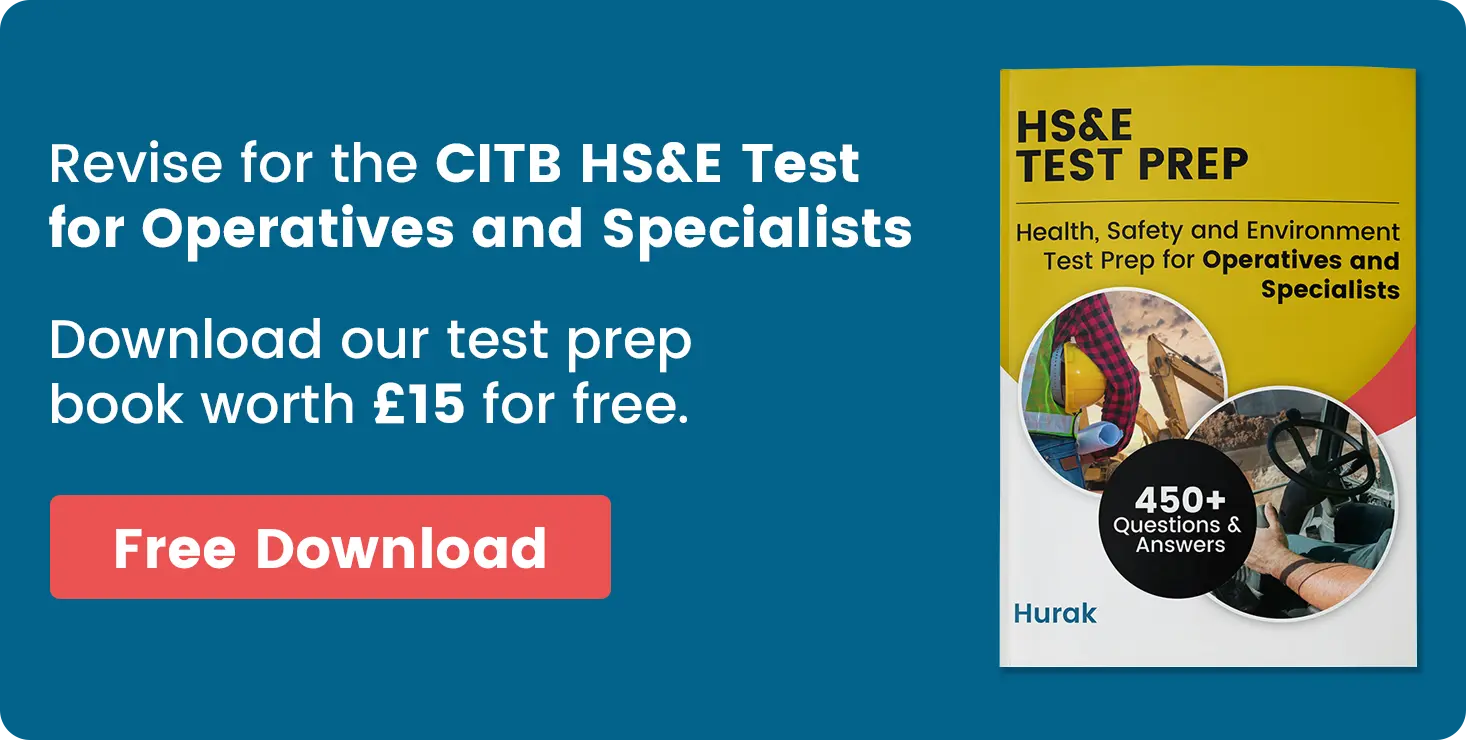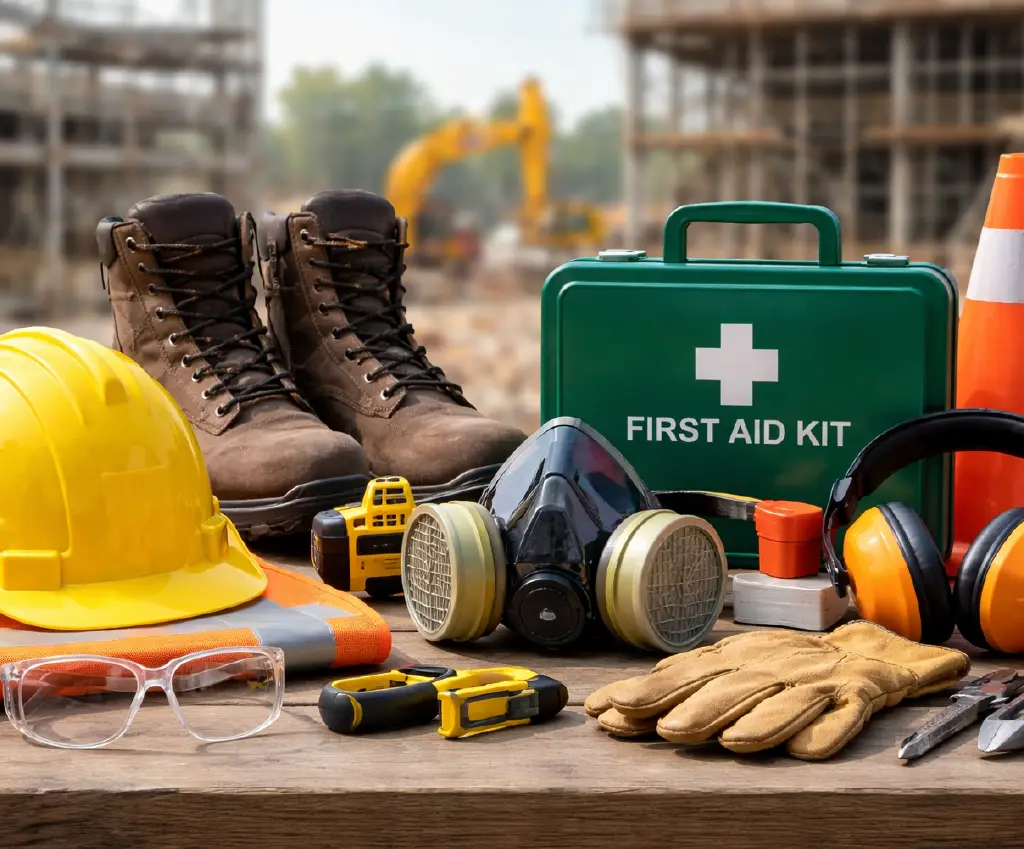Analysis

What is CITB?
The Construction Industry Training Board is known by its initials ‘CITB’. They are responsible for enhancing industry training and assisting skill development to boost the UK’s construction sector. Despite its strong collaboration with the government and the education department, they remain an independent organisation.
To achieve this goal, CITB has developed some essential courses for various jobs in the construction sector. The majority of construction employees benefit greatly from CITB courses, particularly when it comes to workplace health and safety.
Is CITB the same as CSCS?
Construction Skills Certification Scheme, or CSCS, is the organisation that grants employees the certification they need to demonstrate their employment readiness. The most popular way to accomplish this is by giving employees CSCS cards. Although it is not required by law, most construction employees must possess the appropriate CSCS card for their job function to enter the site.
CITB and CSCS are two distinct organisations, sharing several well-known names in construction health and safety training. However, the two organisations are connected; for instance, candidates for a Labourer’s Green Card must have successfully completed the CITB Health and Safety Awareness course and the CITB Health, Safety & Environment (HS&E) test within the previous two years. Any CSCS card application must include the HS&E test. Later, we shall discuss this test in further depth.
Check out last week’s blog, “What is CSCS?” for a detailed explanation of the various card kinds and the eligibility requirements.
How do I get a CITB card?
Due to the affiliation between the two organisations, CSCS cards may occasionally be referred to as “CITB cards.” Do not be concerned; they are the same.
Applicants must have fulfilled the appropriate requirements to obtain a CSCS card. These often include the individual finishing an applicable NVQ. This is not true for CSCS red cards, which are given to learners who have experience but have not finished their certifications. As a temporary remedy, red cards are given out to staff on-site so they can finish their training.
Workers must have passed the CITB Health, Safety & Environment test within the last two years to receive a CSCS card of any colour. Later, we shall discuss this test in further depth. Visit the CSCS page on our website for a more thorough overview of the requirements accepted for CSCS cards.
How long does a CITB card last?
The length of time a red card is valid varies based on the issued type. Most CSCS cards have a 5-year expiration date. The card must be renewed when this period has ended.
Please remember that it cannot be renewed after a red card has expired. Once their training is complete, employees must apply for a change of colour card.
What is the CITB test?
Any construction worker’s training must include the CITB Health, Safety & Environment (HS&E) test to guarantee their safety while working on the job site. When applying for any CSCS card, it is a requirement that you have passed this test within the last two years.
A series of questions about their fundamental construction health and safety standards make up the test. Each exam allows applicants 45 minutes to respond to 50 questions that gauge their knowledge of environmental, health, and safety issues.
Operatives, Specialists, and Managers & Professionals tests are the three categories of CITB assessments. All three examinations cover much of the same material; however, the tougher tests will have more challenging questions pertinent to the position. Candidates may request questions on specialised tests relevant to the position they are applying for. For instance, questions tailored specifically to the field of demolition workers are possible.
By going to the CITB website, you can register for your test online. The tests are $21 each.
What to bring for a CITB test?
Before taking the test, candidates must present a legitimate form of identification with their photo and signature. Passports and licences that are no older than six months will be accepted.
The student will need to present two kinds of alternative identification if they don’t have either of these forms of identity. There are two categories of acceptable forms of identification: A and B.
| A | B |
|---|---|
| Non-UK Driving Licence | Mark |
| Work ID Card | Debit Card |
| Student ID Card | Paper Driving Licence |
| Passport without signature | National Insurance Card / HMRC Letter |
| Citizen’s Card | Cheque Guarantee Card |
| EU Country ID Card | Bank Statement |
| CITB Scheme Card | Inland Revenue Card |
| Trade Union Card | UK Travel Document |
| British Armed Forces Card | B79 Notification of Discharge Letter |
| Young Scots Card | Building Society Passbook |
| Proof of Age Card |
The candidate must present both category A and B forms of identification if they cannot present a current passport or photo driver’s licence. They won’t be able to take their exam and get a refund if they don’t comply. For a complete explanation of their ID requirements, visit the CITB website.
Download our CITB Operatives and Specialists Test Prep Book for free!
×
Site Safety Plus Courses
Hurak offers a variety of CITB courses from the Site Safety Plus catalogue. Specifically for the building, civil engineering, and related industries, Site Safety Plus courses have been developed. The construction industry’s training programmes are offered in a variety of disciplines and career levels:
- Site Supervision Safety Training Scheme (SSSTS) – This course examines health and safety, employee welfare, and expanding environmental concerns within the construction industry in addition to covering the legal obligations that all supervisors need to be aware of when it comes to managing a construction site.
- Site Management Safety Training Scheme (SMSTS) – The CITB SMSTS course is designed for managers working in the construction industry and takes a comprehensive look at health and safety regulations and documentation. Participants will leave this 5-day training with a practical understanding of how to correctly document health and safety requirements.
- Site Management Safety Training Scheme – Refresher (SMSTS-R) – The CITB SMSTS Refresher Course enables delegates to renew their initial qualification when it is about to expire by going over all of the material that was covered in the initial course. To make sure that all delegates are completely aware of their responsibilities, any recently enacted amendments to health and safety regulations will be covered.
- Site Supervision Safety Training Scheme – Refresher (SSSTS-R) – This course will update your knowledge of health and safety issues and provide you with insight into recent legislative developments and how they may affect the day-to-day operations of your company.




